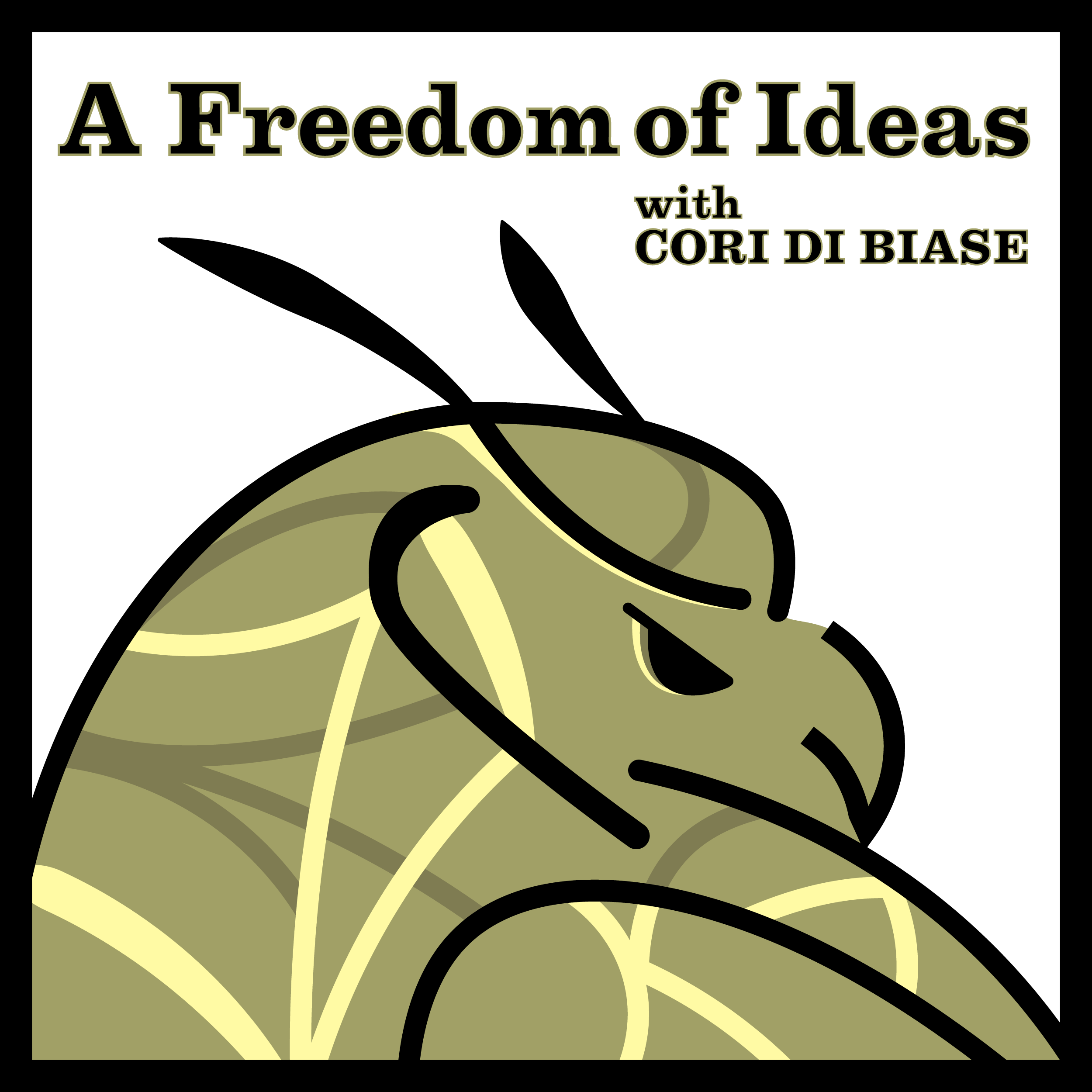FOUNDATIONS: Reason & Permissible Despotism in Mill, Part 2
In Season 2 - our FOUNDATIONS series - we’ll examine European philosophers from the 17th through the 19th centuries, to see how their views have shaped and defined our own… whether we realize it or not.
We continue our discussion of Mill’s justification for “despotism” as a means of cultivating maturity in societies in their “nonage”.
Following Hannah Arendt, we begin by looking at the rational justifications for racism as they developed in Europe, and how this related to Mill’s notion societal immaturity. We use this discussion to cast further light on the relationship between European notions of reason and both freedom and its opposite.
A FREEDOM OF IDEAS may be found online at afreedomofideas.com.
Support the Podcast... and the Podcaster through Patreon, or by buying some AFOI Merch(andise) at the show's Redbubble shop.
***SEASON TWO READINGS AND SOURCES***
On Liberty, by John Stuart Mill
John Locke's 2nd Treatise on Civil Government, by John Locke
Meditations on First Philosophy, by René Descartes
Thinking, Fast and Slow, by Daniel Kahneman
Sand Talk: How Indigenous Thinking Can Save the World, by Tyson Yunkaporta
A Treatise of Human Nature [Books 1-3], by David Hume
Leviathan, by Thomas Hobbes
The Social Contract, by Jean-Jacques Rousseau
Discourse on the Origin of Inequality, by Jean-Jacques Rousseau
The Encyclopedia Logic (Encyclopaedia of the Philosophical Sciences Series #1), by Georg Wilhelm Friedrich Hegel
Philosophy of Mind: Encyclopedia of the Philosophical Sciences (Encyclopaedia of the Philosophical Sciences Series #3), by Georg Wilhelm Friedrich Hegel
Hegel's Philosophy of Right, by Georg Wilhelm Friedrich Hegel (Thom Brooks, Editor)
Copyright 2026 Cori Di Biase

